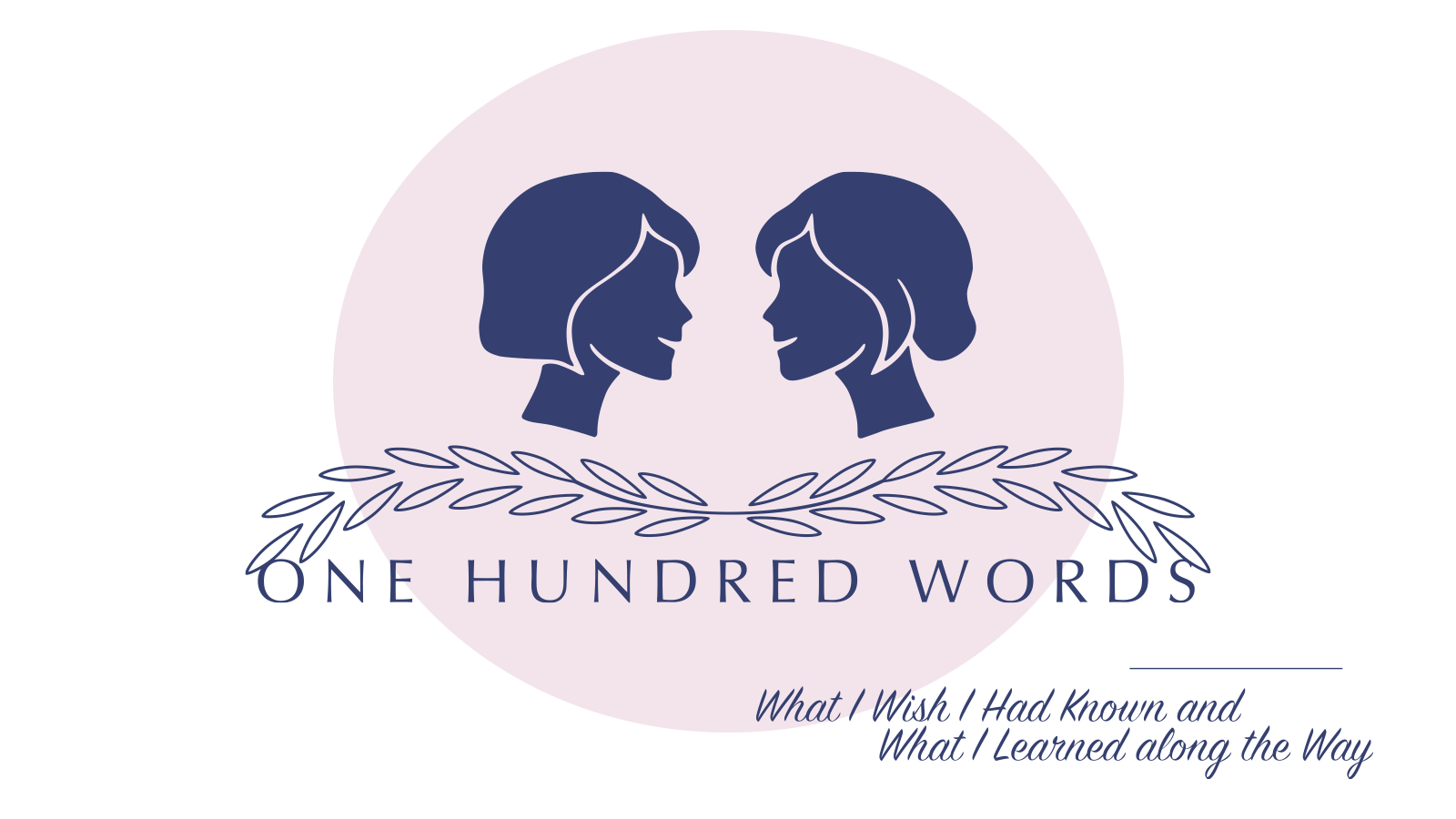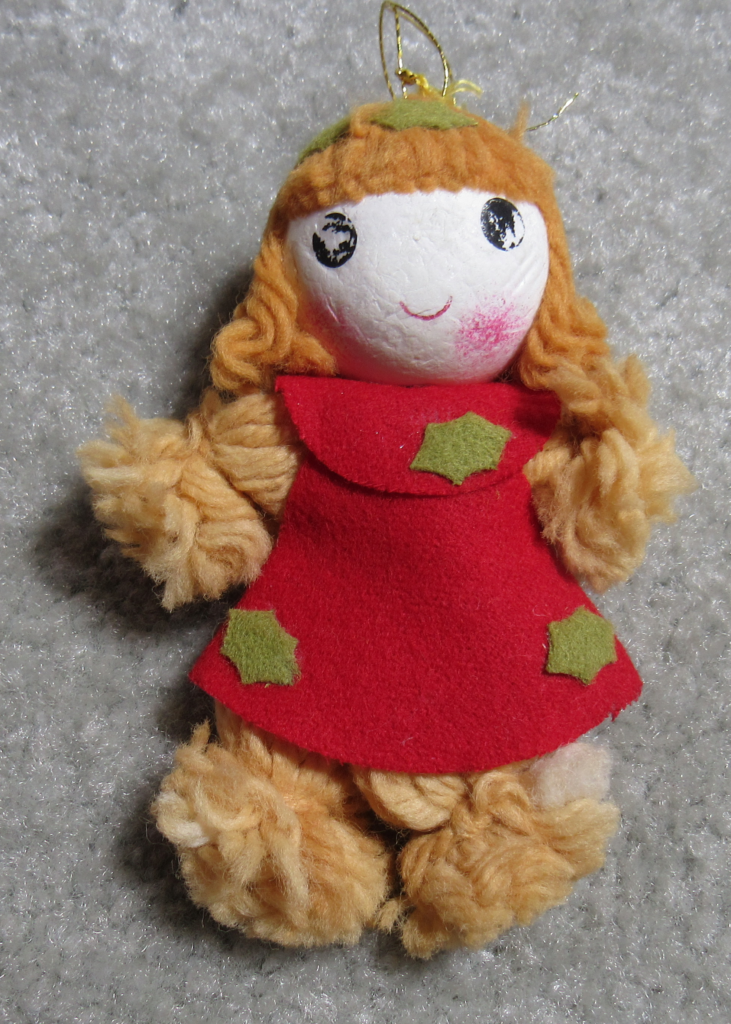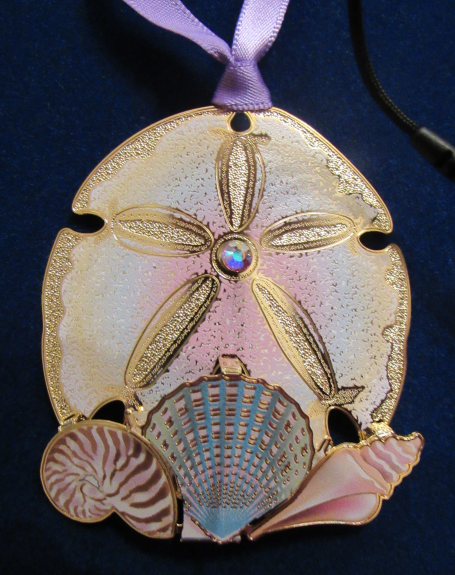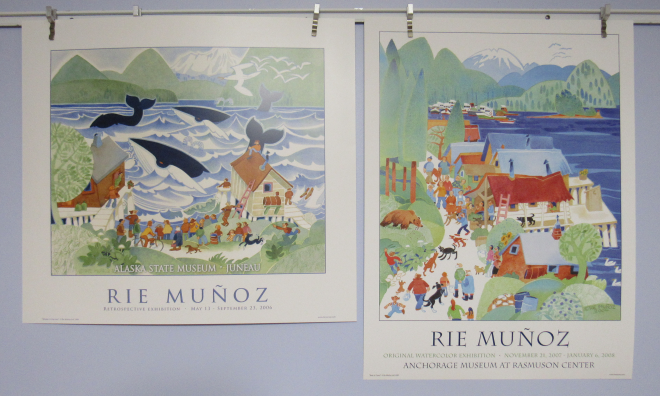I love letters and so does my family. While a preschooler, my middle son stuffed my mail into his top dresser drawer. After being caught with bills, he explained he wanted his own mail. He got it—all the advertisements.
Like that son, I found childhood mail thrilling. Great-Aunt Frances sent a me letter full of jokes in which she had inserted the names of family members. My grandmother sent me updates about the cardinal who ate out of her hand. She sent her great-grandsons cards with a dollar or two stuffed inside.
What thrills me as an adult is the family history those letters contain—minutiae dear to my heart.
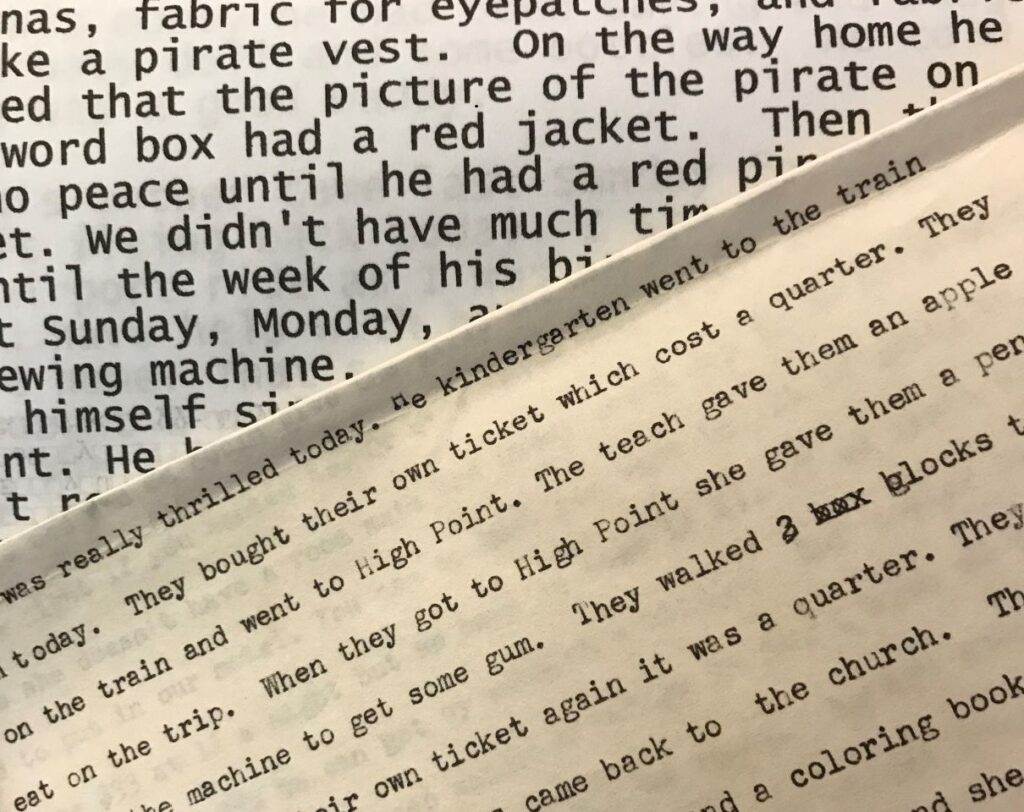
Those details are stuffed in five cardboard boxes and one plastic shoebox. It has been years since I read them systematically.
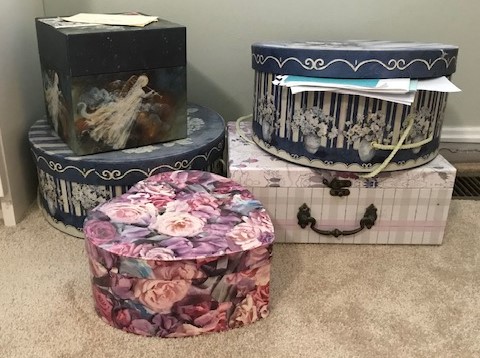
While September 1 is World Letter Writing Day, there is no corresponding day for reading letters. The closest is National Reading Day on March 2nd. I read every day so perhaps March 2nd should be my Letter Reading Day. As my husband says about many family events, “You couldn’t put this in a book.” I am glad we put them in letters.

Any letters deserving another perusal?
